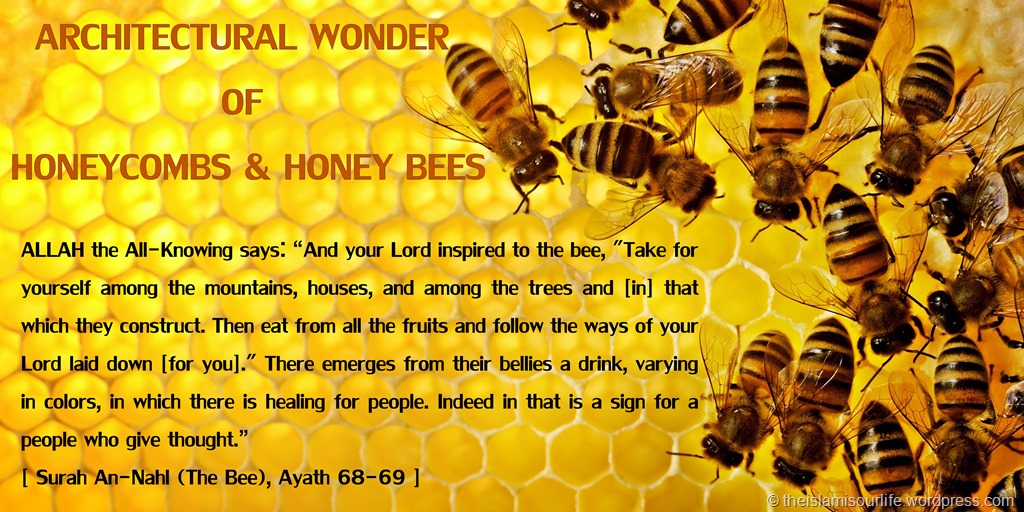Also, below are 2 Self Ruqyah Audios, one for Jinn/Shayateen Possession and the other for Sihr/Black Magic, to listen - MUST be heard with Headphones in ears and loud Volume to reach every part of your Body and have someone with you entire time Insha'Allah.
RUQYAH AUDIO - JINN/SHAYATEEN:
https://archive.org/download/RuqyahShariah/Treat_yourself_by_yourself_from_Jinn.mp3
RUQYAH AUDIO - SIHR/BLACK MAGIC:
https://archive.org/download/RuqyahShariah/Treat_yourself_by_yourself_from_Magic.mp3
https://archive.org/download/RuqyahShariah/Treat_yourself_by_yourself_from_Jinn.mp3
RUQYAH AUDIO - SIHR/BLACK MAGIC:
https://archive.org/download/RuqyahShariah/Treat_yourself_by_yourself_from_Magic.mp3
For those who are unable to follow the above Ruqyah Bath procedure or cannot find the Ingredients, Insha'Allah below Ruqyah water procedure to drink and bath with is also effective:
Imaam Ibn Hajar reported in his book Al-Fath from Wahb Ibn Munaabbih the
way of using Sidr leaves (Lotus jujube) as a remedy to be rid of
bewitchment. He said, “One should take seven leaves of green Lotus
jujube, grind them between two stones, put the stones and the leaves in
some water, then take out the two stones. Having done so, he should
recite the verse of the Kursi (Chair) [Quran 2:255] and the last three
chapters of the Quran [Quran 112,113,114]"
Following this, he should drink three sips of that water and shower with it and by the permission of Allah, everything that he was afflicted with will be gone.
This treatment is particularly useful for male impotence.
Following this, he should drink three sips of that water and shower with it and by the permission of Allah, everything that he was afflicted with will be gone.
This treatment is particularly useful for male impotence.


